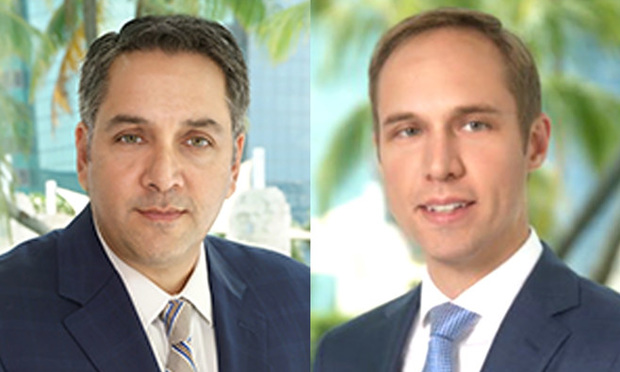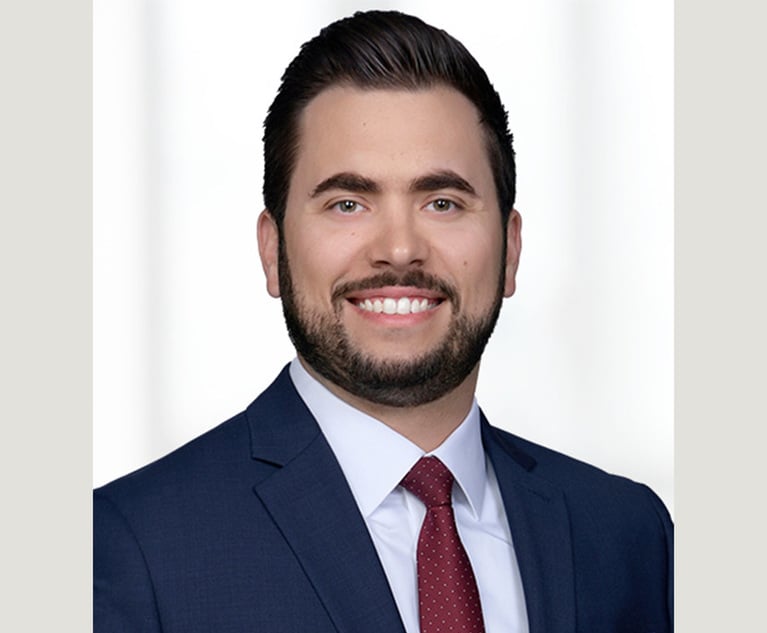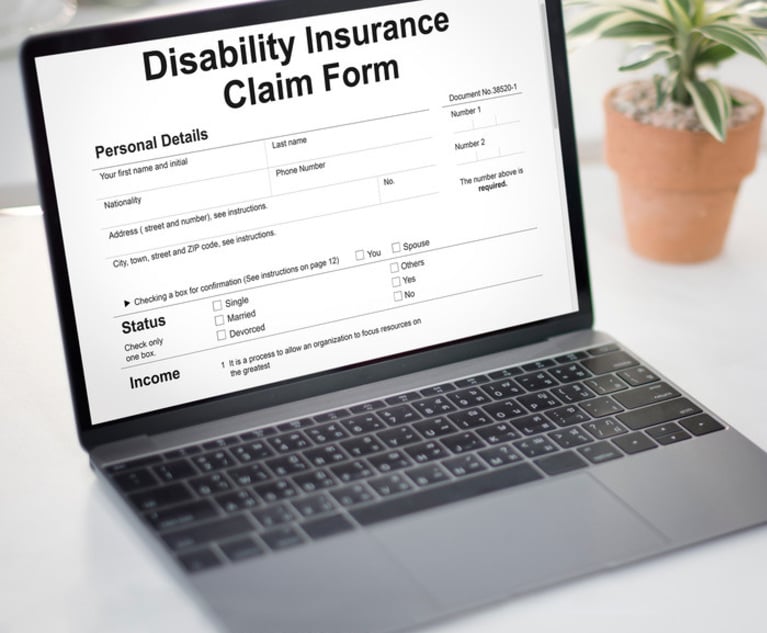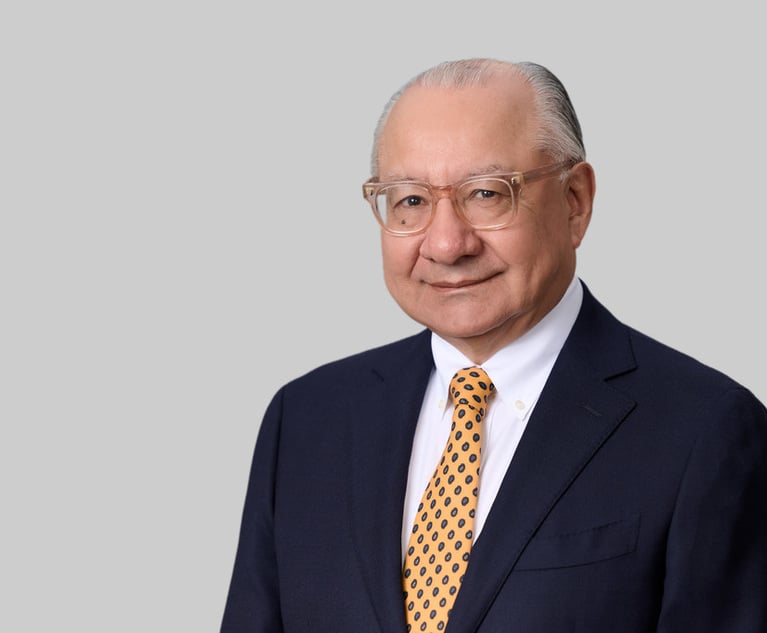The Florida Supreme Court’s latest bad faith ruling, Harvey v. GEICO, leaves the insurer’s standard of care unchanged since 1938. Despite its consistency with 80 years of precedent, the dissents provoked controversy by forecasting a “vast and unwarranted expansion of liability for bad faith claims.” The dissent in Berges v. Infinity Insurance made the same dire prediction in 2005. We predict that the result will be the same here as it was then: the checks and balances that exist under long standing bad faith law will continue to maintain appropriate boundaries on bad faith claims, and policyholders will applaud Harvey for providing clarity to Florida’s courts.
Harvey restored a jury verdict against GEICO for failing to settle an auto injury claim against its policyholder. Focusing on the fiduciary relationship between an insurance company and its policyholder, Harvey reaffirmed that, when undertaking the defense and settlement of claims against their policyholders, Florida’s insurers must “use the same degree of care and diligence as a person of ordinary care and prudence should exercise in the management of his own business.” An insurer that fails to settle when it could and should have done so is liable for the resulting excess judgment.


 Stephen A. Marino Jr., left, and Benjamin C. Hassebrock, right, of Ver Ploeg & Lumpkin.
Stephen A. Marino Jr., left, and Benjamin C. Hassebrock, right, of Ver Ploeg & Lumpkin.




